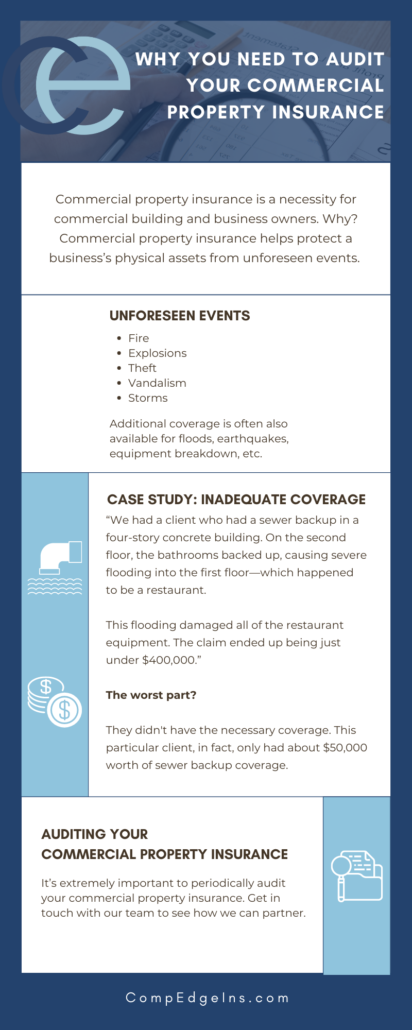Inflation and Property: What You Need to Know
Inflation is one of those economic concepts that everyone has heard of—especially today—however, few people understand what it means.
In essence, inflation is a rise in prices across the economy. This phenomenon can have several consequences for property owners and investors. This considered, it’s important to understand how inflation works and how it affects property owners.
Below, we’ll discuss:
- The relationship between inflation and property values
- Why property owners need to be aware of each (that is, if you want to make smart decisions about your investments!)
What is Inflation? What Causes It?
First things first, what is inflation, and what causes it? Inflation is defined as the rate at which the prices of goods and services increase over time. This can be caused by a variety of factors, such as an increase in the cost of raw materials, or a decrease in the supply of certain products.
While inflation is caused by several factors, the most important one is simply too much money chasing too few goods. When there is more money in circulation than there are goods and services to buy, prices go up.
This is because people have more money to spend, so they are willing to pay more for things.
One of the most important things to understand about inflation is that it is not evenly distributed. Some prices will go up faster than others, and some might even go down. This means that while your rent might go up by a lot, the price of bread might not change much at all.
How Does Inflation Affect Property?
Inflation can have several different effects on property values.
The most important one is that it erodes the value of your money.
This is because, as prices go up, each dollar you have buys less and less. So, if you own a property that you bought for $100,000 and inflation is running at two percent per year, then after five years, your property will be worth $110,000 in today’s money.
In other words, you’ve made no real gain on your investment—inflation has just eaten away at the value of your money.
Of course, this doesn’t mean that property values never go up. They can, and do, go up in nominal terms (that is, in the actual dollar amount). However, if inflation is high, then these nominal gains might not be worth very much in real terms (that is, after taking inflation into account).
Secondly, inflation can affect your mortgage.
If you have a fixed-rate mortgage, then your monthly payments will stay the same even if inflation goes up.
But if you have an adjustable-rate mortgage, then your monthly payments could go up if inflation increases. This is because your interest rate will be tied to an index, like the Consumer Price Index (CPI), which measures the overall level of prices in the economy.
How Does Inflation Affect Property Insurance?
When inflation goes up, so do property insurance rates. This is because insurers must account for the increased cost of repairs and replacements when setting premiums.
The cost of rebuilding your property goes up due to the cost of materials and labor increasing from inflation. As a result, your property insurance rates will likely go up—and if you’re not prepared for this, it could have a serious impact on your finances.
Moreover, inflation can lead to higher deductibles on policies. For example, if you have a $500 deductible on your policy and inflation increases by 20%, your new deductible would be $600.
Ways to Minimize Inflation on Your Property Insurance
So, how can you minimize the impacts of inflation on your property insurance as a building owner?
Luckily, while inflation can have a significant impact on your property insurance rates, there are some things you can do to minimize the impact:
- Make sure you have an insurance policy that covers inflation. This way, your coverage will automatically adjust to keep up with the rising cost of rebuilding your property.
- Consider raising your deductible. This will lower your premium, although you’ll have to pay more out-of-pocket if you need to make a claim. Make sure you have enough savings to cover the deductible.
- Don’t forget about discounts! Many insurers offer discounts for things like installing security systems or being claims-free for a certain period. Make sure you’re doing everything you can to mitigate your risk.
Read on to learn more about risk mitigation.
A Final Word
Of course, there are a lot of other factors that affect property values, such as the state of the economy, interest rates, and demographics. Inflation, however, is one of the most important—and least understood—factors that property owners need to be aware of when making decisions about their investments.
By understanding the relationship between inflation and property, you can take steps to protect your finances and ensure that your property is properly covered.
Interested in learning more? Contact us today to speak with one of our insurance professionals about what inflation-related changes you should make to your policy.
After all, with a little strategic planning, you can safeguard your property against inflationary increases! Learn more in our article “Top Three Tips to Recession-Proof Your Business.”

